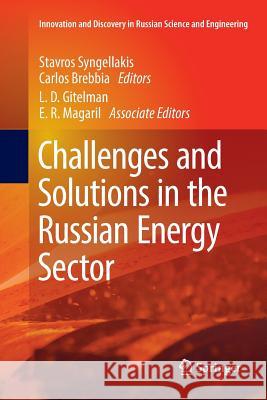Challenges and Solutions in the Russian Energy Sector » książka
topmenu
Challenges and Solutions in the Russian Energy Sector
ISBN-13: 9783030093037 / Angielski / Miękka / 2018 / 260 str.
Kategorie:
Kategorie BISAC:
Wydawca:
Springer
Seria wydawnicza:
Język:
Angielski
ISBN-13:
9783030093037
Rok wydania:
2018
Dostępne języki:
Numer serii:
000821030
Ilość stron:
260
Waga:
0.38 kg
Wymiary:
23.39 x 15.6 x 1.45
Oprawa:
Miękka
Dodatkowe informacje:
Wydanie ilustrowane











